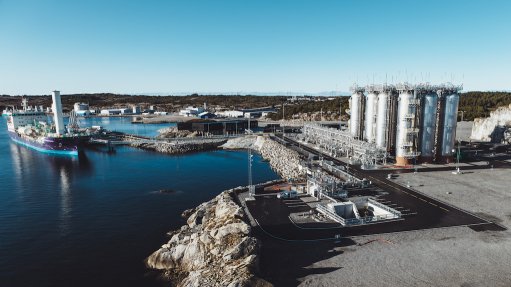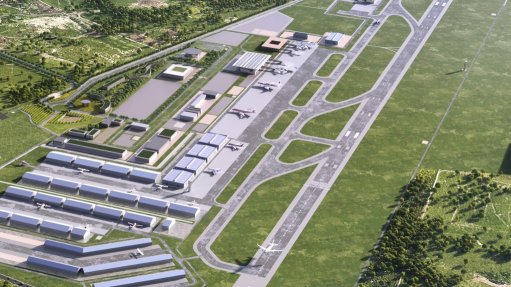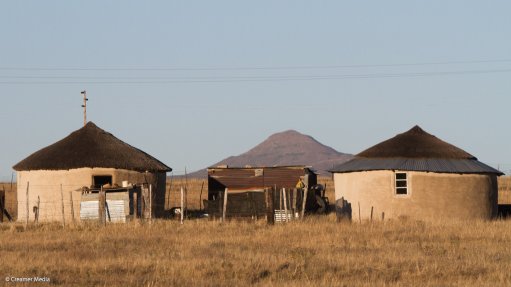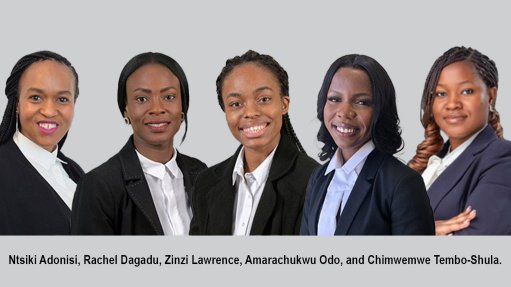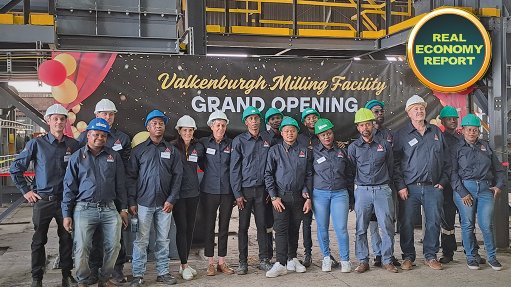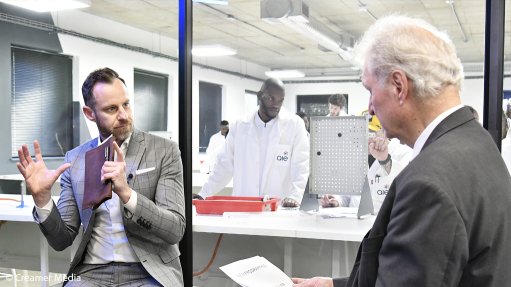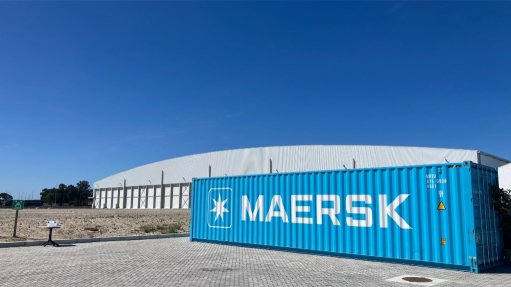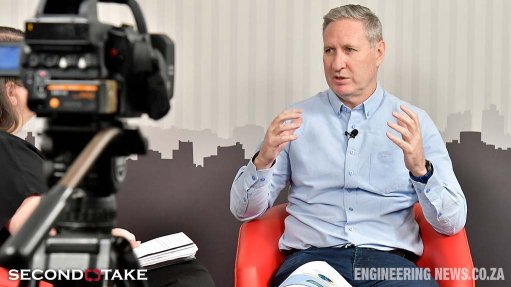South Africa making strides in international arbitration
South Africa is gaining prominence in the development and practice of international arbitration law, which will benefit the country and Africa.
This was indicated by Arbitration Foundation of South African (Afsa) and China–Africa Joint Arbitration Centre (Cajac) chairperson Michael Kuper, at a construction law conference co-hosted by Pinsent Masons and Keating Chambers, in Johannesburg, on Tuesday.
He pointed out that South Africa and Africa had lagged behind other countries in the development and practice of arbitration law for many years and that Afsa had initially been unable to develop a portfolio of international clients.
However, since the promulgation of South Africa's International Arbitration Act (IAA) in late 2017, Afsa’s international caseload has grown considerably, Kuper noted.
While South Africa’s international arbitration participation was gaining momentum, it was still not at the level of the global big players, Kuper indicated.
However, he said that the country’s foray into this area must be considered from three different perspectives, mainly: its relationship to Europe and West, its relationship with Asia and the East and, most importantly, its relationship to the rest of Africa.
In terms of Europe and the West, he noted that the relationship in the past was characterised by negative perceptions going both ways. While this was entering a more positive phase now, he indicated that these must be discussed and addressed so that they did not linger.
In this regard, from South Africa’s and Africa’s perspective, he noted resentment that African disputes were not being resolved by Africans in Africa, but in capitals in Europe by non-African arbitrators.
This resonates with the long-standing complaint that Western nations are biased against African nations in arbitration matters and representation.
Further, this issue is not confined to Africa, with India and China citing similar issues; and statistics supporting this claim.
From Europe and the West’s perspective, they question whether African institutions have the capacity to operate on an international level, the quality of many African courts, and the ability to handle international arbitration efficiently.
Kuper noted that there was basis for this scepticism, with South Africa as an example, having only effected legislation in this regard in December 2017.
However, he noted that time had passed, and that the country had the relevant legislation, and courts proven to give support to arbitration processes.
Moreover, a more positive picture is beginning to emerge of this relationship, with a number of leading international arbitration firms taking membership in Afsa.
In terms of the perspective of the relationship with Asia and the East, Kuper noted the relationship with China was much more positive, with proactive measures taken to ensure a mutually beneficial partnership, such as the signing of declarations and the Cajac project.
Cajac was established at the insistence of the 51 States who are members of the Forum of China Africa Cooperation to meet the need for a credible China-Africa dispute resolution mechanism, necessitated by the growing trade between China and Africa.
Kuper highlighted the Cajac project as integral to South Africa’s involvement in international arbitration and in fostering trade between Africa and China.
Kuper enthused that this relationship with China paved the way for the country into international arbitration, exposed Afsa to the Chinese arbitrary process and has been a major breakout bringing international experience and knowledge.
In terms of the perspective of the relationship with the rest of Africa, Kuper noted that Afsa’s mission was to extend its work in Southern Africa and build a bridge to the rest of the continent.
This will entail work such as unifying policies and seeking shared arbitration processes. While work on this is just beginning, Kuper noted that it is timeous, especially in light of the African Continental Free Trade Agreement, which will require adequate legal capacity.
Article Enquiry
Email Article
Save Article
Feedback
To advertise email advertising@creamermedia.co.za or click here
Comments
Press Office
Announcements
What's On
Subscribe to improve your user experience...
Option 1 (equivalent of R125 a month):
Receive a weekly copy of Creamer Media's Engineering News & Mining Weekly magazine
(print copy for those in South Africa and e-magazine for those outside of South Africa)
Receive daily email newsletters
Access to full search results
Access archive of magazine back copies
Access to Projects in Progress
Access to ONE Research Report of your choice in PDF format
Option 2 (equivalent of R375 a month):
All benefits from Option 1
PLUS
Access to Creamer Media's Research Channel Africa for ALL Research Reports, in PDF format, on various industrial and mining sectors
including Electricity; Water; Energy Transition; Hydrogen; Roads, Rail and Ports; Coal; Gold; Platinum; Battery Metals; etc.
Already a subscriber?
Forgotten your password?
Receive weekly copy of Creamer Media's Engineering News & Mining Weekly magazine (print copy for those in South Africa and e-magazine for those outside of South Africa)
➕
Recieve daily email newsletters
➕
Access to full search results
➕
Access archive of magazine back copies
➕
Access to Projects in Progress
➕
Access to ONE Research Report of your choice in PDF format
RESEARCH CHANNEL AFRICA
R4500 (equivalent of R375 a month)
SUBSCRIBEAll benefits from Option 1
➕
Access to Creamer Media's Research Channel Africa for ALL Research Reports on various industrial and mining sectors, in PDF format, including on:
Electricity
➕
Water
➕
Energy Transition
➕
Hydrogen
➕
Roads, Rail and Ports
➕
Coal
➕
Gold
➕
Platinum
➕
Battery Metals
➕
etc.
Receive all benefits from Option 1 or Option 2 delivered to numerous people at your company
➕
Multiple User names and Passwords for simultaneous log-ins
➕
Intranet integration access to all in your organisation







